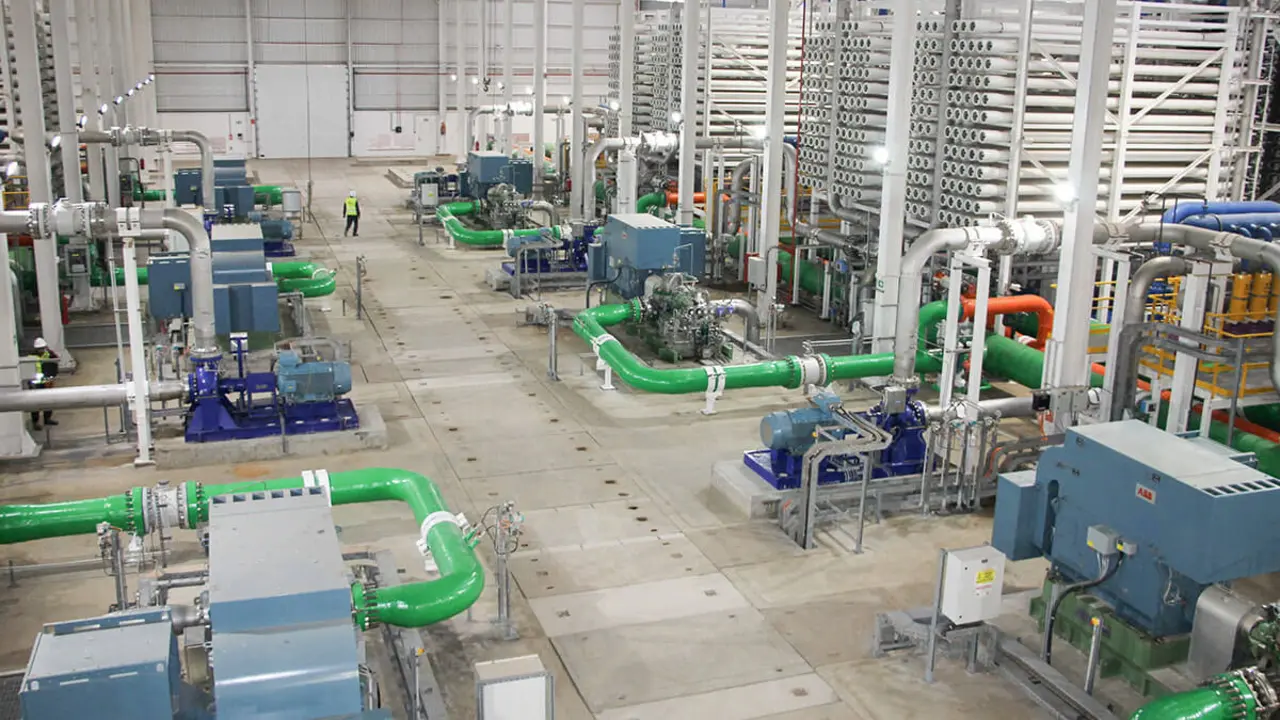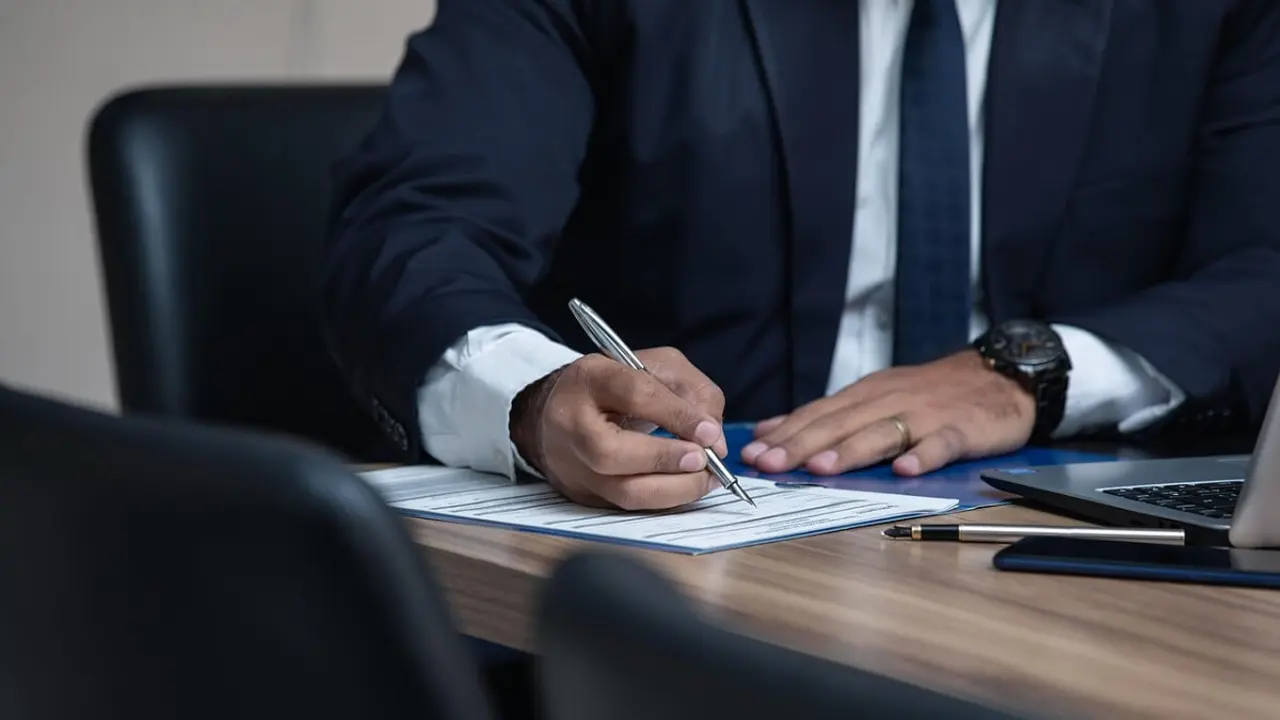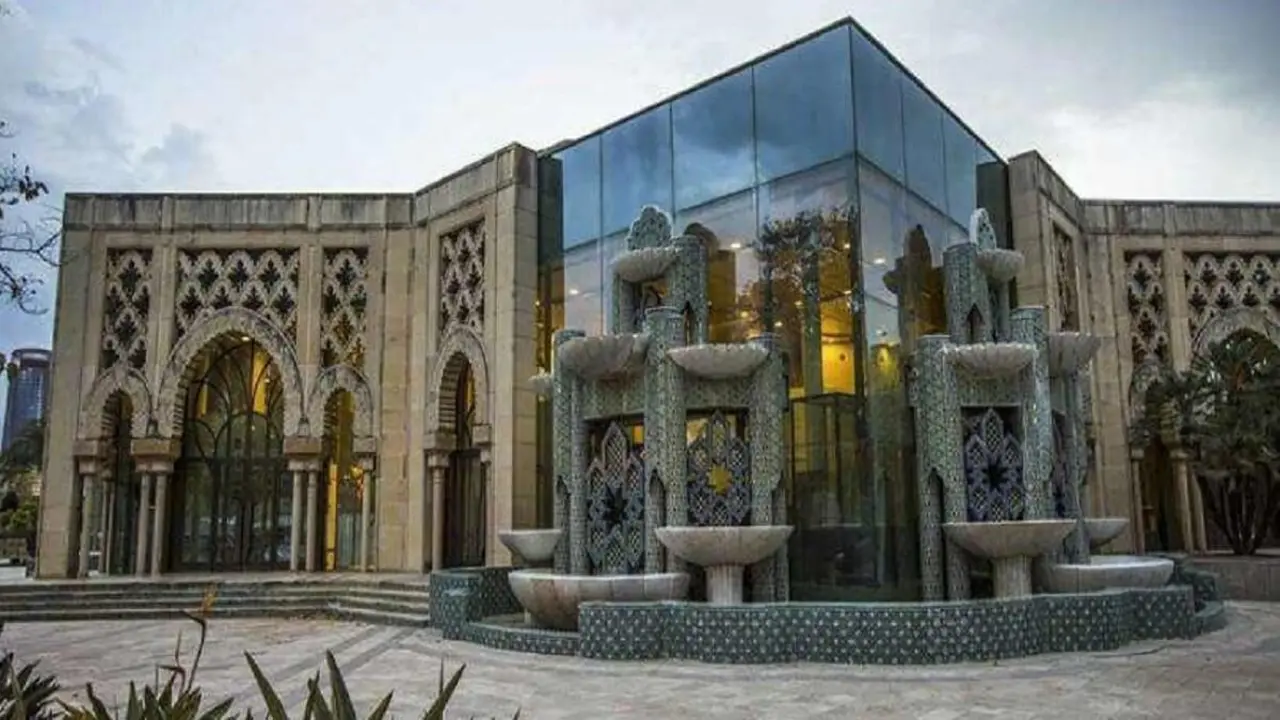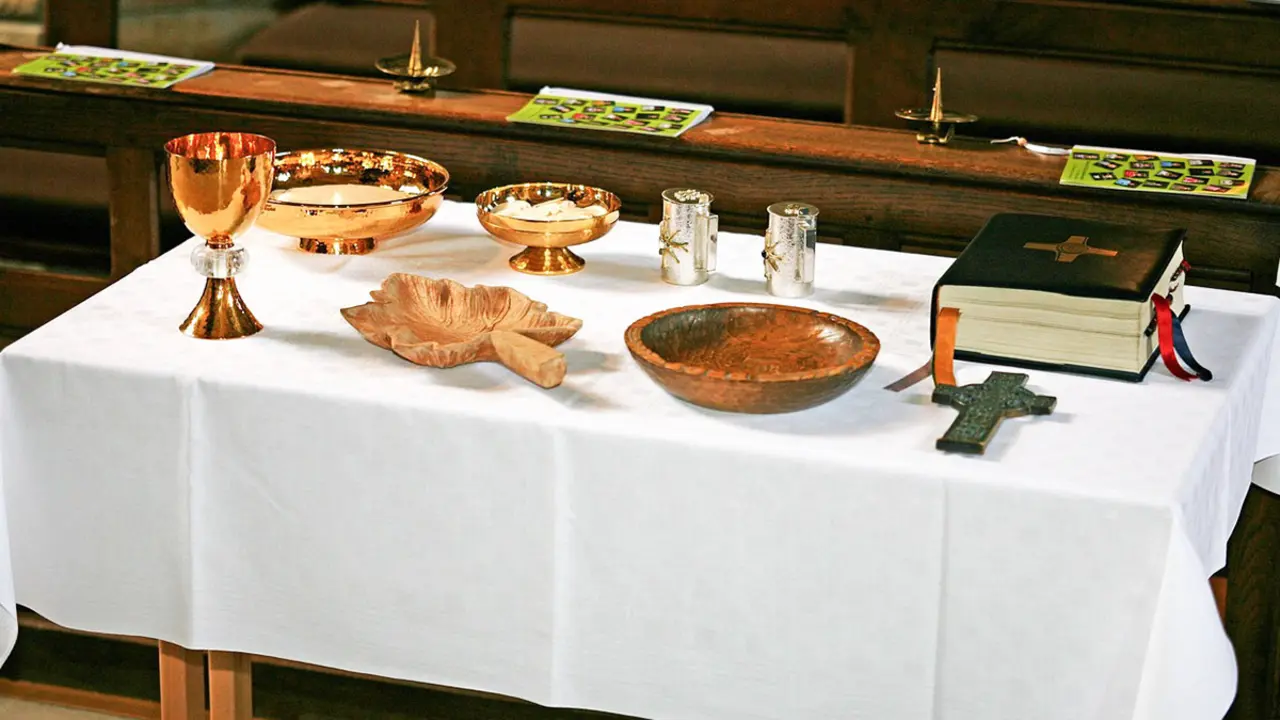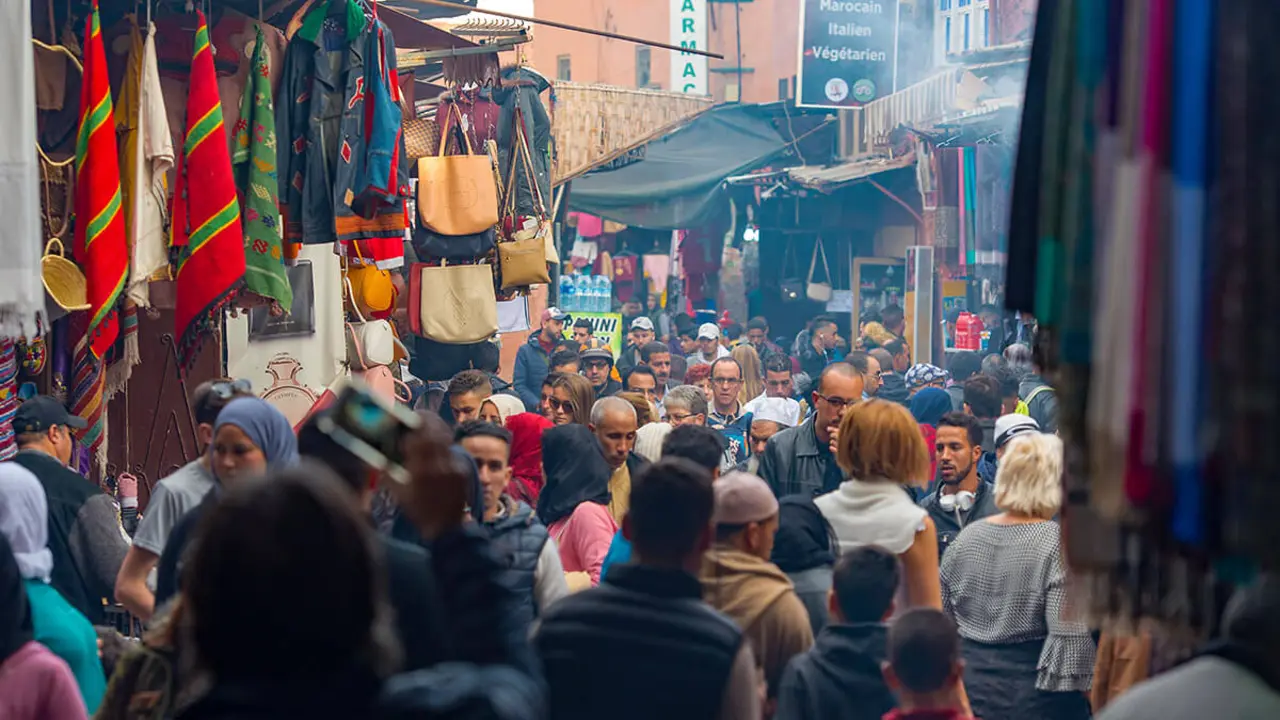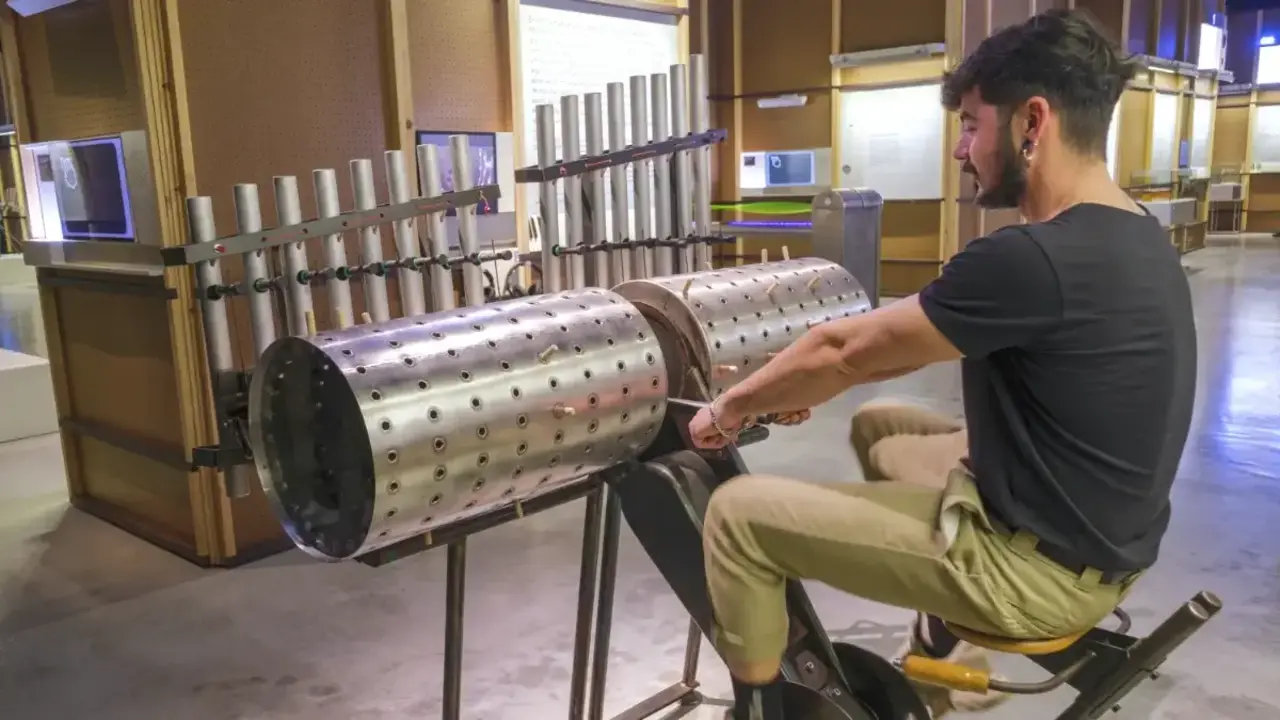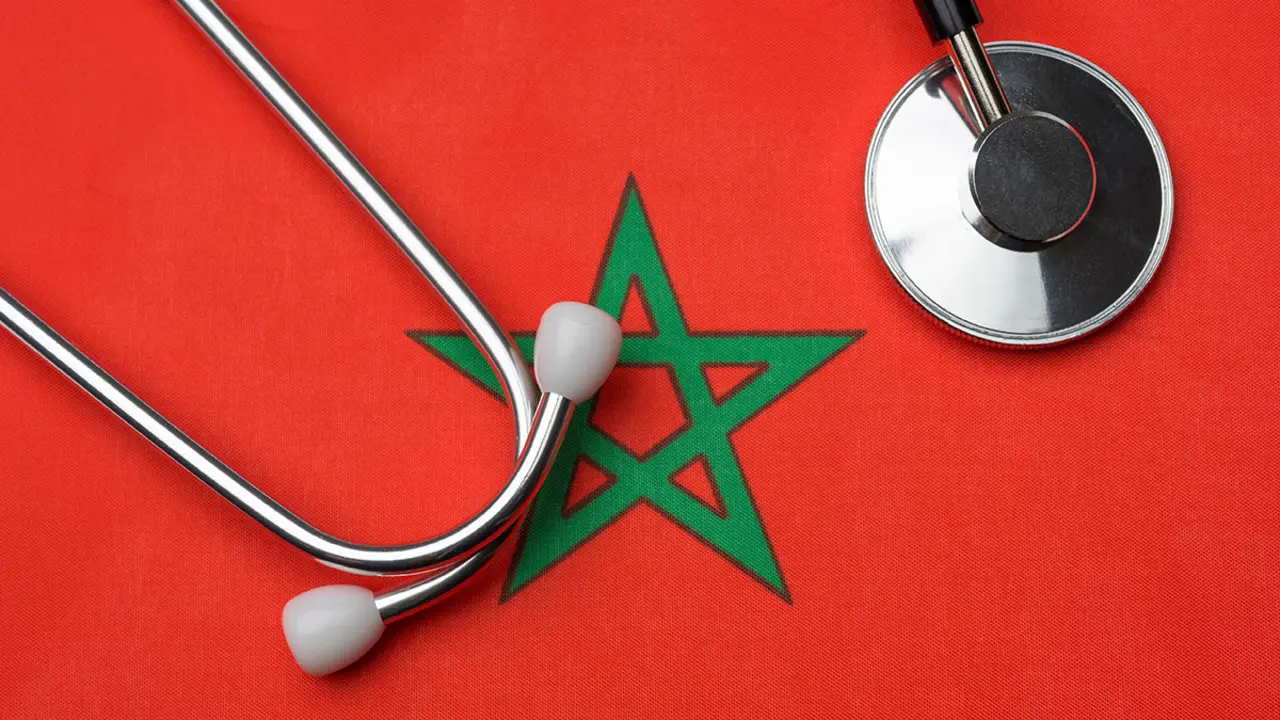UAE takes the first step towards launching the first nuclear power plant in the Arab world
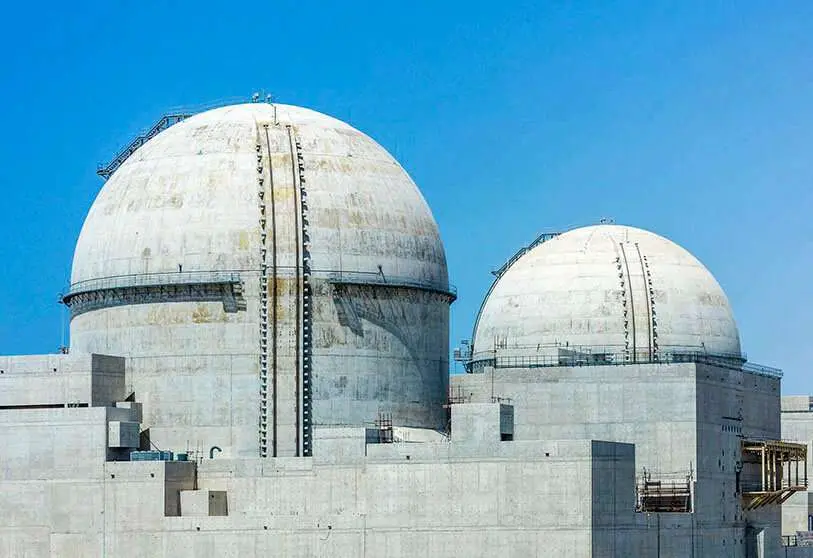
The Emirates Nuclear Energy Corporation (ENEC) has outdone itself once again. On Tuesday, the agency announced that the fuel load at one of the units of the Barakah nuclear power plant has been "successfully" completed. Thanks to this event, the United Arab Emirates has become the first country in the Arab world to achieve this status, thus joining the limited group of countries that have managed to develop the necessary infrastructure to generate energy in a safe, clean and reliable way.
The energy company Nawah began refueling Unit 1 after successfully receiving the operating license on 17 February 2020, and after completing pre-startup monitoring by WANO in January 2020, said the UAE's permanent representative to the International Atomic Energy Agency, Hamad al-Kaabi.
Just three weeks later, the fueling of this receiver has been successfully completed. "Today we are very proud that the UAE joins a limited group of nations that have achieved the global standards necessary to become countries with peaceful nuclear operations", said Mohamed Al Hammadi, Executive Director of ENEC, according to the WAM news agency. "We take this responsibility very seriously and our teams are making a safe and steady transition to bring Unit 1 up to full power generation capacity," he added.
This process has been led by a team of highly trained operators, 90% of whom were experts from the United Arab Emirates who had been trained in the use of the APR-1400 technology in South Korea. "The fact that the fuel load was carried out by a team, of which more than 90 percent are experts from the UAE, is an important reflection of the fact that nuclear power is a growth engine for the UAE," said Al Hammadi. The ENEC chief executive also stressed that "Barakah is more than a power plant" as it "brings prosperity and value to the UAE" and highlights the "industrial and human capacity, significantly improves the nation's carbon footprint and energy security, and accelerates the decarbonisation of the energy sector to help alleviate global climate change".
After completing the refuelling of one of the units, this floor is ready to start the next stage. The next step will be for the operating teams from Nawah, the operations and maintenance subsidiary of ENEC and the Korea Electric Power Corporation, KEPCO, to start up the plant, through a process known as the 'Power Ascension Test (PAT)', in which the systems of Unit 1 will be tested safely and gradually to move to full electricity production.

This process - which will be led by KEPCO - will be carried out in accordance with all regulatory requirements and international safety, quality and security standards. Once the process is completed, the plant will begin supplying electricity, a fact that the WAM news agency has reported will boost "the growth and prosperity of the United Arab Emirates in the coming decades.
Throughout each stage, the ENEC has implemented a programme aimed at meeting the safety commitments set out in international standards, making the UAE a reference point for nuclear projects in the region. So far, the FANR has carried out more than 255 inspections to ensure that the Barakah plant, its personnel and its processes have the highest standards of quality and nuclear safety. These national reviews have been supported by more than 40 assessments conducted by the International Atomic Energy Agency, the IAEA and the World Association of Nuclear Operators, WANO.
The UAE authorities indicated in January that their first nuclear power plant would be operational "this year", despite the fact that the first of the four reactors was to be commissioned at the end of 2017. This decision has been postponed to meet safety requirements. This plant -which has four reactors- will be the first of its kind in the Arab world once it becomes operational.
The country considered as one of the main oil exporters in the world has made a 180-degree turn in its energy policies with the implementation of this plant, which aims to obtain energy in a "cleaner" way. Currently, the Emirates Nuclear Energy Corporation is completing the construction of the three remaining units of the Barakah Nuclear Power Plant, located in the Al Dhafra region of Abu Dhabi. Thus, construction of the four units is currently more than 93 percent complete. The four Barakah units will generate up to 25 per cent of the UAE's electricity demand, producing 5,600 MW of clean electricity and avoiding the release of 21 million tonnes of carbon emissions each year, equivalent to removing 3.2 million cars from the roads annually, according to estimates by the WAM news agency.

